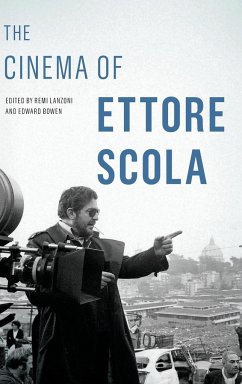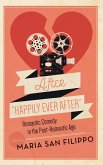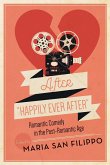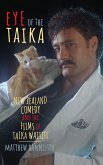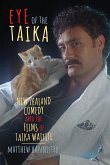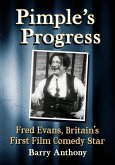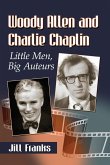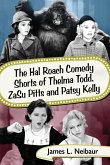The Cinema of Ettore Scola offers contemporary perspectives on Ettore Scola (1931-2016), one of the premier filmmakers of Italian cinema. Scola was a crucial figure in postwar Italy as a screenwriter of comedies in the 1950s and 1960s who later became one of the country's most beloved directors in the 1970s and 1980s with his bittersweet comedies and dramas on history, politics, and social customs. While Scola has received extensive attention from scholars based in Italy and France, R?mi Lanzoni and Edward Bowen's edited volume is the first English-language book on Scola's cinematographic career. The volume (containing fourteen chapters) is organized in four parts, the first two of which focus both on Scola's contributions to Comedy Italian Style-as a screenwriter and director-and his commentaries on the history of Italy, Rome, and the film industry. The second half of the book is divided into sections on Scola's relationship to and use of place, politics, and legacy. Mariapia Comand's chapter begins the volume with an exploration of the development of Scola's narrative methods by examining his early work as an illustrator, ghostwriter, and screenwriter. Later, Brian Tholl approaches one of Scola's best-known and most frequently studied films, Una giornata particolare, from a less-explored perspective, namely its commentary on surveillance and internal exile, or confino, during the fascist period. At the close of the volume is a broad-sweeping tribute to and reflection on Scola's filmmaking by Gian Piero Brunetta, a leading historian of Italian cinema who developed a close relationship with Scola over the years, who reveals the varied narrative strategies linked to food that the director utilized for character development and social commentary. The Cinema of Ettore Scola makes Scola accessible to English-reading audiences and helps readers better understand his film style, the major themes of his work, and the representations of twentieth-century Italian history in his films.
Hinweis: Dieser Artikel kann nur an eine deutsche Lieferadresse ausgeliefert werden.
Hinweis: Dieser Artikel kann nur an eine deutsche Lieferadresse ausgeliefert werden.

